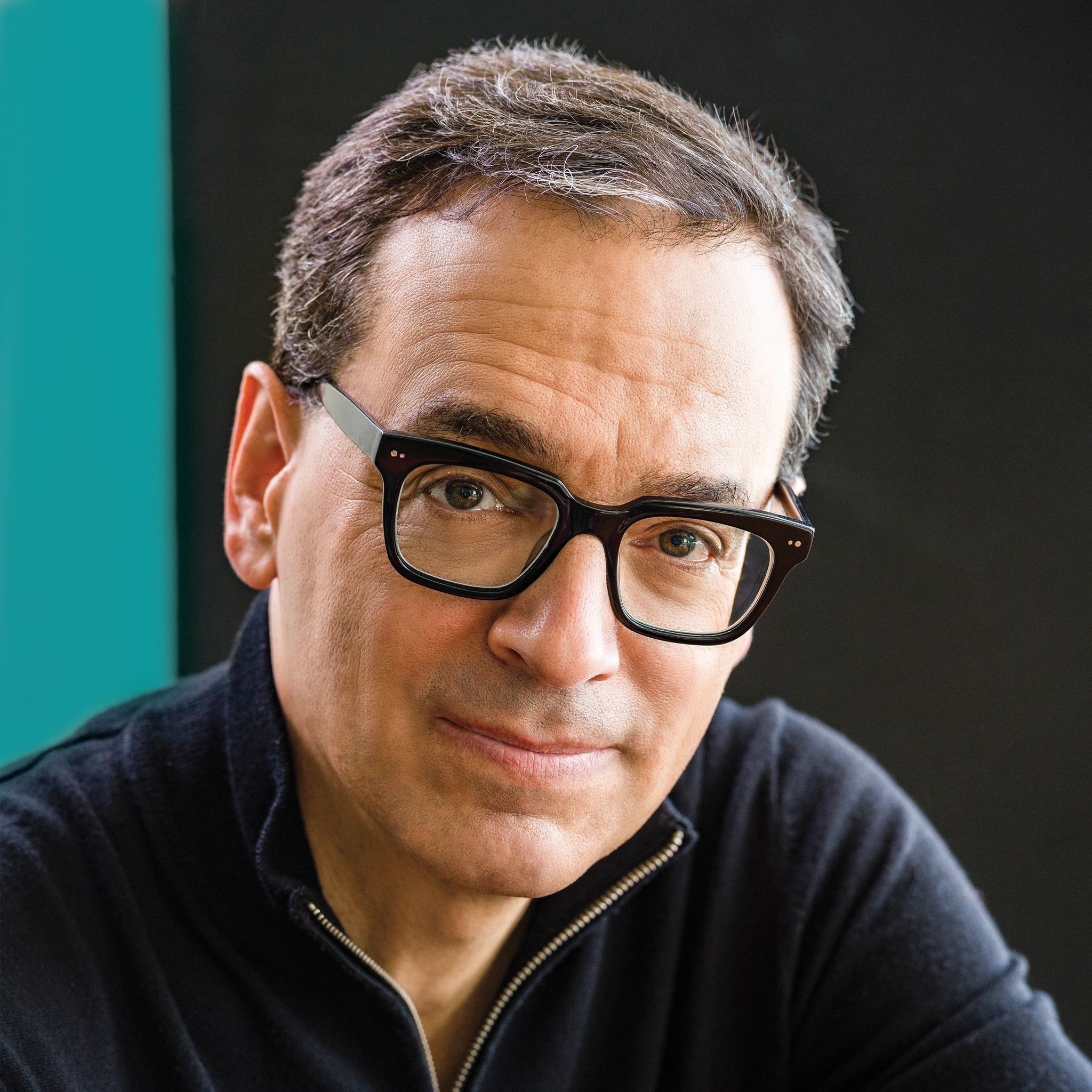 author
authorFrançois de La Rochefoucauld
François VI, Duc de La Rochefoucauld, Prince de Marcillac was an accomplished French moralist of the era of French Classical literature and author of Maximes and Memoirs, the only two works of his dense literary oeuvre published. His Maximes portray the callous nature of human conduct, with a cynical attitude towards putative virtue and avowals of affection, friendship, love, and loyalty.
Leonard Tancock regards Maximes as "one of the most deeply felt, most intensely lived texts in French literature," with his "experience, his likes and dislikes, sufferings and petty spites ... crystallized into absolute truths." Born in Paris in 1613, at a time when the royal court was vacillating between aiding the nobility and threatening it, he was considered an exemplar of the accomplished seventeenth-century nobleman.
Until 1650, he bore the title of Prince de Marcillac. His great-grandfather François III, count de La Rochefoucauld, was killed in the St. Bartholomew's Day massacre, being a Huguenot. François de La Rochefoucauld was born on September 15, 1613, at Rue des Petits Champs in Paris's 1st arrondissement neighborhood. La Rochefoucauld was given the education of a nobleman of his era, which concentrated on military exercises, hunting, court etiquette, the elegance of expression and comportment, and a knowledge of the world.
He was married at the age of fourteen to Andrée de Vivonne. Belonging to one of the most illustrious families of the French nobility, the young La Rochefoucauld, then the prince of Marcillac, succeeded at the age of 16 (1 May 1629) to his uncle Benjamin de La Rochefoucauld, count of Estissac, as camp master of the Estissac regiment. He joined the army the following year and almost immediately established himself as a public figure. Though his actions were never formally recognized, he fought bravely in the annual campaigns.
Under the patronage of Madame de Chevreuse, whom he met at this time, the first of the three celebrated women who influenced his life, he joined the service of Queen Anne of Austria. In one of Madame de Chevreuse's quarrels with Cardinal Richelieu and her husband, a scheme apparently was conceived by which La Rochefoucauld was to carry her off to Brussels on horseback. Other cabals against Richelieu once resulted in La Rochefoucauld being sentenced to eight days in the Bastille. He was occasionally required to leave the Court and exiled to his father's estates.
In the power vacuum following Richelieu's death in 1642, La Rochefoucauld, among others, took an active role in urging the queen and Condé to act together against Gaston, Duke of Orléans. However, Mazarin's growing reputation impeded the plotters' ambition, and La Rochefoucauld's 1645 liaison with the Duchess of Longueville made him irrevocably a frondeur (aristocratic rebel). He was a conspicuous figure in the 1649 siege of Paris, fought in many of the frequent military engagements, and was seriously wounded at the siege of Mardyke.
In the second Fronde, La Rochefoucauld allied himself with Condé. He used the occasion of his father's funeral in 1650 to urge the attending provincial nobility to help him attack the royalist garrison of Saumur. In the battle of the Faubourg Saint-Antoine in 1652, he was shot in the head. It was feared that he would lose his sight, but he recovered after a year's convalescence.
For some years thereafter, he retired to his country estate of Verteuil. Although his fortune had been much reduced, in time, he was able to restore it somewhat, thanks chiefly to the fidelity of Gourville, who had been in his service and who, passing into the service of Mazarin and Condé, had acquired both wealth and influence. La Rochefoucauld did not return to court life until just before Mazarin's death when Louis XIV was about to assume absolute power, and the aristocratic anarchy of the Fronde was over. He wrote his memoirs during this time, as did many of his prominent contemporaries.
Best author’s book




















